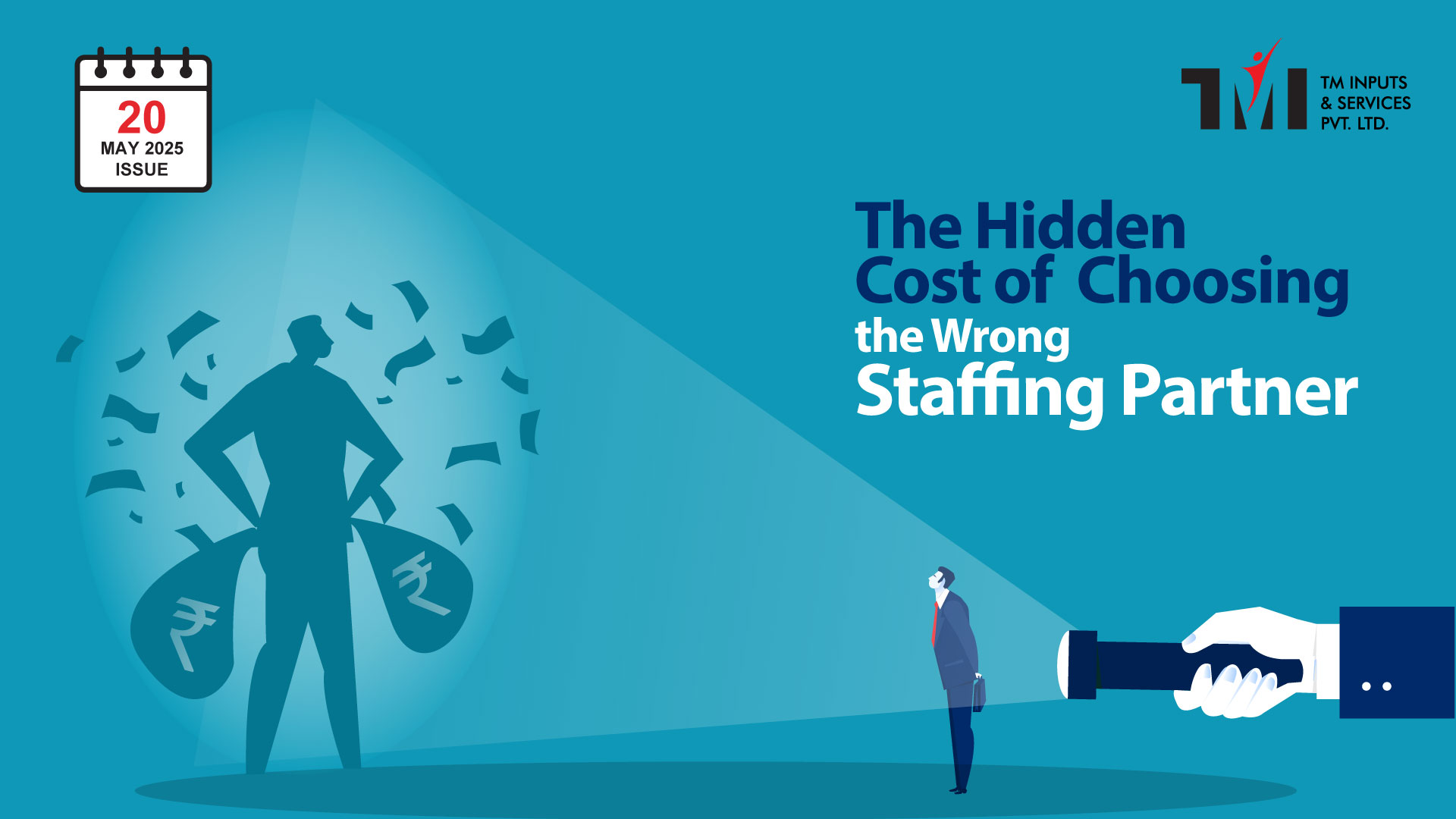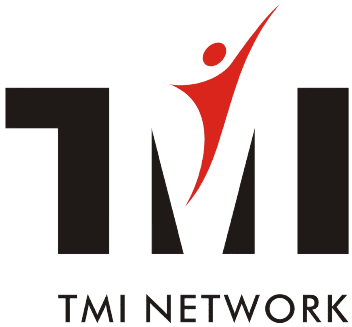

The Hidden Cost of Choosing the Wrong Staffing Partner

TCS made headlines by blacklisting six IT staffing firms and launching disciplinary action against the head of its source management group. On the surface, this looks like a classic case of a company catching a problem, investigating it, and taking decisive action. Job well done? Not quite.
This isn’t just about one company cleaning house. This is about a hiring system in the IT industry that’s fundamentally flawed—and no amount of internal audits can fix what’s broken at the foundation.
It’s time to talk about the uncomfortable truths behind how hiring decisions are made, why integrity is getting sidelined, and what must change if we want real accountability.
The Pressure Cooker: Campus Placements and Compromises
Let’s start with where the cracks begin—India’s engineering and MBA campuses. With rising tuition fees and ballooning intake in computer science and related streams, the pressure to ensure 100% placement is at an all-time high.
If students don’t get placed, campuses suffer. Admissions drop. Fees fall. The entire model wobbles. So what do colleges do? They push—sometimes subtly, sometimes not—for employers and staffing firms to take their students, even if it means cutting corners.
This sets off a domino effect. Desperation from campuses meets demand from employers, and staffing firms often step into that gray area where things start to blur—between efficient hiring and questionable practices.
Big is Not Always Better: The Risk in Chasing Volume
Most large IT companies, TCS included, select campuses and staffing partners based on one simple metric: how many hires they deliver.
It makes sense—until it doesn’t.
This “more is better” approach ends up favoring scale over scrutiny. The bigger the numbers, the less visible the risks become. And when scale meets complacency, collusion finds its way in.
The outcome? Individuals inside the system—within companies, staffing firms, and campuses—find ways to benefit personally, while the organization remains blind until it’s too late.
Where Ethics Should Sit: At the Top of the Evaluation Criteria
It’s time to stop treating integrity as a “soft” trait in vendor or campus selection. Ethical conduct must be a core input—not an afterthought.
A company could have an impeccable record of delivery, but if it’s built on unethical relationships or shady practices, it’s a liability waiting to explode.
There are firms—TMI, for instance—that have operated for decades without a single instance of unethical collusion. That’s not coincidence. It’s a choice. And it should count.
When evaluating partners, companies must ask:
Has this firm ever been involved in a collusion case?
What do their competitors say about their practices?
How do they respond to ethical dilemmas?
If you aren’t asking these questions, you’re optimizing for efficiency, not integrity.
The Illusion of Robust Processes
Here’s a story that lays it bare.
Years ago, a senior HR executive at a multinational firm made an offer to a staffing partner: “We can increase your candidate conversion rates—just make my wife your vendor.” The resumes would be funneled through her, commissions shared, and everyone would look clean on paper.
The partner refused and reported it. The response? Dismissal. The company insisted its processes were too strong for that to be true.
Two years later, that same executive was let go—for exactly what was reported.
Robust processes are meaningless if no one listens. Integrity isn’t built on process documents. It’s built on what companies choose to hear, believe, and act on.
The Listening Gap: Where Good Companies Fall Silent
As IT firms grow, they tend to insulate themselves. Partner feedback is filtered. Smaller vendors go unheard. Whistleblowing gets quietly ignored unless it explodes into a PR crisis.
The companies most at risk are often the ones that stop listening.
To avoid this, organizations need to:
Actively solicit feedback from all vendors, especially the smaller ones.
Include competitor insights in vendor evaluations—not just internal satisfaction scores.
Run third-party audits focused on ethical practices, not just SLAs and metrics.
Listening isn’t just an act of courtesy. It’s an act of protection.
The New Hiring Playbook: What Needs to Change
This incident with TCS is not isolated. It’s a symptom. And if the industry wants to move forward, the hiring model itself needs a reset. Here’s what that looks like:
1. Make ethics a core metric in partner evaluation.
Treat integrity like you treat performance—measurable, reviewable, non-negotiable.
2. Diversify your inputs.
Don’t rely solely on internal reviews. Include competitive and third-party assessments in your evaluations.
3. Institutionalize listening.
Make room for real, unfiltered feedback from partners at every level. And take it seriously.
4. Stop chasing volume blindly.
Big numbers mean nothing if they come with big risks. Scale should follow quality—not replace it.
Final Word: Fixing the System, Not Just the Scandal
TCS did the right thing by acting on what it uncovered. But let’s not mistake symptom treatment for systemic change.
The real opportunity here is bigger. The industry needs to stop viewing ethical hiring as an optional value add and start seeing it as a strategic, long-term differentiator.
Because when you build systems that reward integrity, not just volume, you’re not just hiring people. You’re building trust. And trust is the one currency no company can afford to lose.
